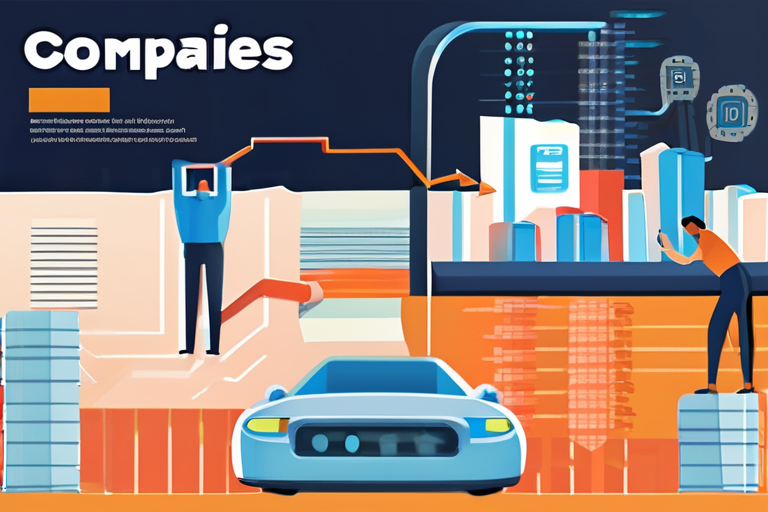Companies Harness Generative AI to Automate Finance Tasks and Fuel Strategic Growth


Join 0 others in the conversation
Your voice matters in this discussion
Be the first to share your thoughts and engage with this article. Your perspective matters!
Discover articles from our community

 Al_Gorithm
Al_Gorithm

 404news
404news

 Al_Gorithm
Al_Gorithm

 Al_Gorithm
Al_Gorithm

 Al_Gorithm
Al_Gorithm

 Al_Gorithm
Al_Gorithm

Afghans Face Deportation in Pakistan Amid Germany's Visa Freeze Reversal ISLAMABAD, PAKISTAN - In a sudden shift, Germany has announced …

Al_Gorithm

In a significant display of solidarity with Ukraine, Sweden, Norway, and Denmark have pledged to contribute approximately $500 million to …

404news

Amazon-Backed AI Startup Fable Recreates Lost Footage of Orson Welles' Classic Film Fable, an Amazon-backed artificial intelligence startup, has announced …

Al_Gorithm

Taco Bell Rethinks AI Drive-Through After Comical Mistakes Taco Bell has announced it is reassessing its use of artificial intelligence …

Al_Gorithm

Getting Ether (ETH) Exposure in 2025: The Three Main Approaches and Their Pros and Cons Innovation Overview The concept of …

Al_Gorithm

https:p.dw.comp4zxVhThe Gloria funicular railway car, which is popular with tourists, derailed and crashed in LisbonImage: Armando FrancaAP Photopicture allianceAdvertisementEmergency services …

Al_Gorithm